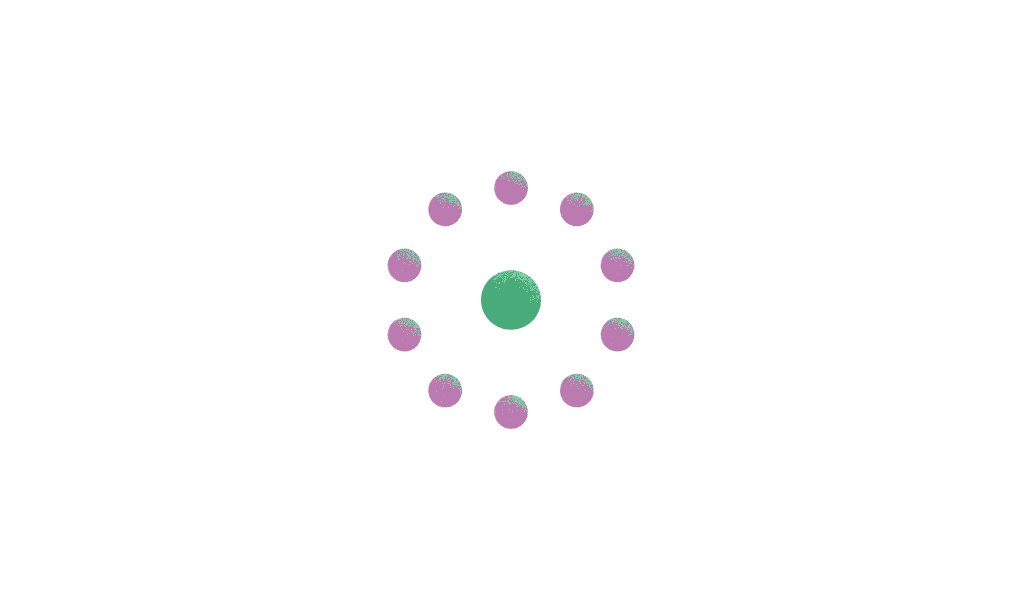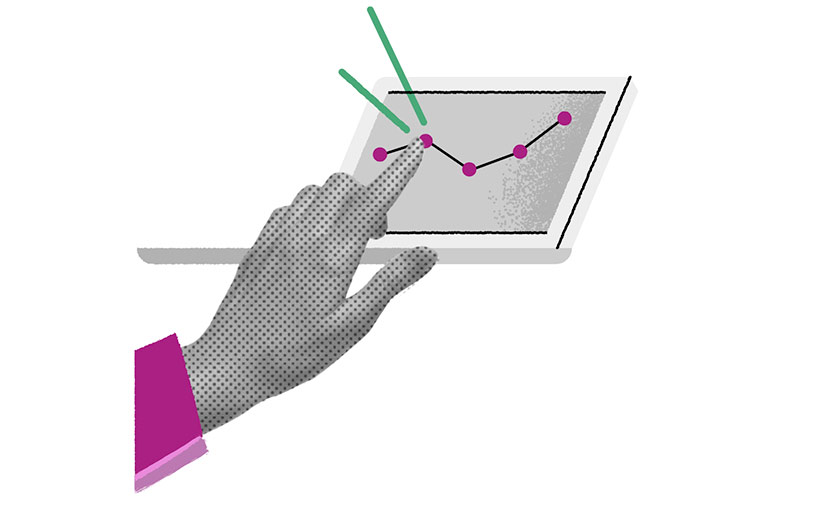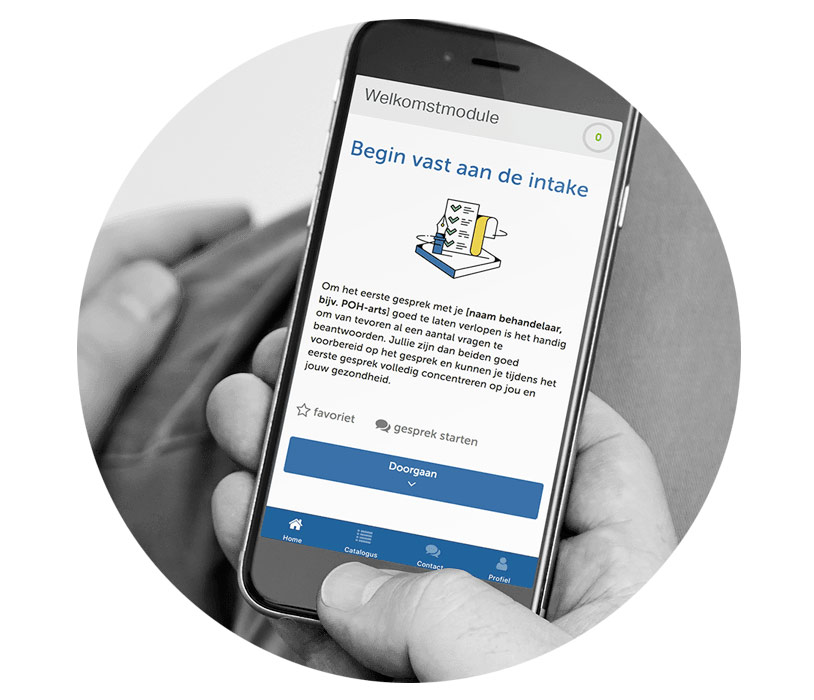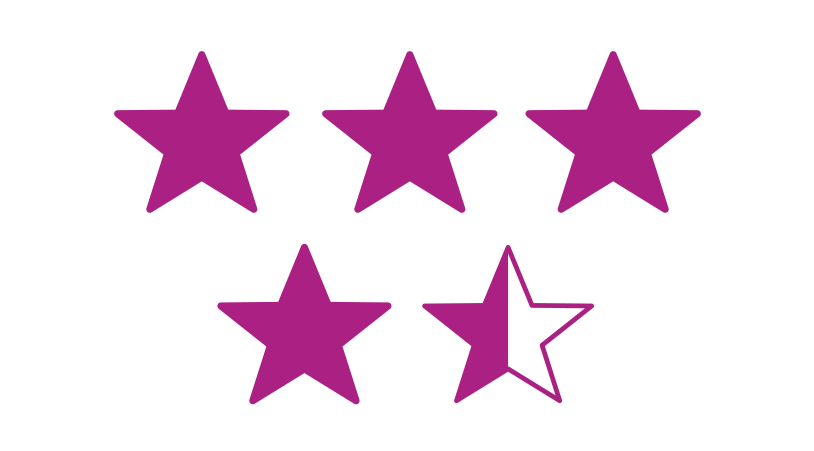The ehealth business case
What are the objectives of your organisation?
Some organisations want to use ehealth in order to provide their clients with a better service, but they are not quite sure of the financial picture. Others already have financial objectives in mind they wish to achieve with ehealth, but they find it difficult to identify how an increase of customer appreciation fits in with this plan.
Whatever your situation is, Minddistrict can help you draw up your plans.

You don’t have to create the business case on your own
You know your organisation better than anyone else. You know your objectives, the bottlenecks, etc. On the other hand, we know all of the possibilities our product has to offer and we include our practical experiences and examples.
You know your organisation better than anyone else; we know the possibilities our product has to offer
By combining our knowledge, we discover what your business case looks like, how ehealth has the best chances of success in your organisation and which metrics are involved.
What does your case consist of?
Below, we will set out a number of elements and examples to inspire you.

Financial
The financial picture, of course, puts the ‘business’ in the word business case. How does an investment recoup itself? What will ehealth yield for your organisation?
Less time needed per person
The Netherlands Centre of Knowledge for Chronic Fatigue (NKCV) treats many people who live far away from the centre. In addition to face-to-face courses they therefore also offer online courses with assistance. About half of the people take online therapy.
‘Treatment via the internet takes up about 30 to 40% less of the therapists’ time compared to face-to-face treatment.’ - Hans Knoop, NKCV
Prevention causes fewer people to drop out
Employers can offer low-threshold preventive behavioural change through ehealth. This can prevent problems from developing, and existing problems are dealt with and acknowledged, which means people are more likely to ask for help.
Bosch reduced the burn-out percentage to 0 through face-to-face coaching. Are you able to do that online?

It's not always possible to make a financial business case. It also depends on the kind of services you provide and how you are being financed. At the same time, a business case goes beyond finances alone.

Quality
The quality of your services is important for a business case. What is the scope of your organisations and services, for instance? Can you increase it by raising the level of quality? And how will it affect your competitive position or branding?
Availability
You can provide fantastic care and services, but what if people have to wait nine months for them? Thanks to a digital intake, 50% of Mindfit customers were introduced to ehealth and bridged waiting times. They are also better prepared for their first interview.
Therapy loyalty
‘‘A study conducted by the Dimence Group showed that someone who receives online treatment tends to attend face-to-face interviews more frequently.’ - Sabine Jansen, Mindfit
Customer satisfaction
It's not just the quality of care that matters - how people experience and appreciate this care is important too. High customer satisfaction does not just contribute to your name, your position in the market or the influx of patients; it may also have financial consequences. If customer satisfaction for your services grows, it often means the willingness to pay more grows as well.

'The customer satisfaction scores got higher during use of the module. After the first measurement, the average score was 7.8 (out of 10); it was 9.0 after the third measurement.' - Jasmijn de Vries, Pro Persona
‘70% of customers at Indigo Brabant use ehealth. The average score given by Indigo Brabant customers for the care they receive is 8.4. And that’s despite staff shortage and changes. A high score in terms of mental healthcare.’ - Renske Visscher, Indigo Brabant
Access to the digital world
In spite of all this information about what is important for a business case, there are people that don’t have one.
‘Asking for the business case of ehealth is a bit like asking what the business case is of a toilet’
Those are the words of business economist Remco Hoogendijk, quoted by Renske Visscher, formerly director of Indigo Brabant. ‘You have to give people access to the digital world,’ she says. ‘You can’t just ignore this. Clients are able to do a great deal themselves, it doesn’t get any better than that!’
